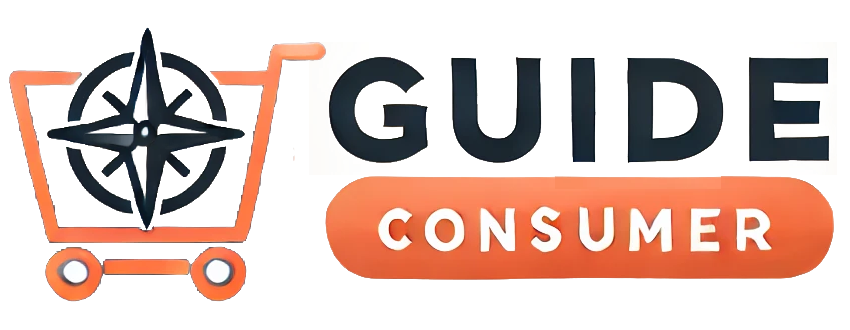Saving on car insurance is a priority for many drivers, but beyond the usual advice of simply comparing rates across different providers, there are numerous strategies that can effectively lower your insurance costs. These approaches often require a bit more effort and planning, but the savings can be significant.
Maintain a Clean Driving Record
Insurance companies evaluate your driving history when determining your premium. Drivers with clean records often receive lower rates because they are considered lower-risk. Avoiding accidents, traffic violations, and claims can help maintain a stellar driving record. If you do find yourself with a ticket or minor accident, consider taking a defensive driving course, as it can demonstrate your commitment to safe driving and sometimes lead to discounts.
Bundle Your Policies
Many insurance providers offer discounts when you bundle multiple types of insurance policies together. For instance, if you already have homeowners or renters insurance, inquire whether the same company offers car insurance and if there are potential discounts for bundling. This convenience often comes with financial perks, yielding substantial savings across your various policies.
Consider Usage-Based Insurance
Usage-based insurance allows you to pay premiums based on how much and how well you drive. Providers may offer devices to install in your vehicle or apps to monitor your driving habits. These programs typically assess metrics like speed, mileage, and braking patterns. Safe and infrequent drivers can see substantial reductions in their premiums compared to standard rate plans.
Increase Your Deductible
Adjusting your deductible is a direct way to influence your insurance costs. By opting for a higher deductible, you agree to pay more out-of-pocket when making a claim, which lowers your monthly premium. It’s crucial, however, to ensure that you have the financial means to pay the higher deductible if a situation arises.
Improve Your Credit Score
In many regions, insurance companies consider your credit score when determining your rates. A higher credit score can often result in lower premiums. Simple steps like paying bills on time, reducing credit card balances, and disputing any inaccuracies on your credit report can gradually improve your credit score, potentially leading to significant insurance savings.
Take Advantage of Discounts
Many insurers offer a variety of discounts that might not be immediately apparent. These can include:
- Good Student Discounts: Students with high academic performance can sometimes qualify for reduced rates.
- Low Mileage Discounts: If you drive significantly less than the average, your provider might offer a discount.
- Safety Features Discount: Vehicles equipped with modern safety features like airbags, anti-lock brakes, and electronic stability control might qualify for discounts.
- Group Discounts: Check if your employer, alma mater, or any organizations you belong to offer group insurance discounts.
- Military Discounts: Current and former military personnel can often receive reduced rates in gratitude for their service.
Drive a Car with Lower Insurance Costs
The type of car you drive significantly affects your insurance premiums. High-performance or luxury vehicles often come with higher insurance costs. Consider opting for a vehicle that is known for its safety and reliability, as such cars often attract lower premiums. Before purchasing a new vehicle, research its insurance costs to ensure it aligns with your budget.
Limit Optional Coverage on Older Cars
If your car is older and has depreciated significantly, it might be worth reevaluating the need for comprehensive or collision coverage. The premiums for these types of coverage might exceed the payout you would receive if the car is damaged or written off. Assess your car's market value, and if it's low, consider dropping these coverages to save on your insurance bill.
Park in a Safe Location
Insurance companies often charge more for vehicles parked in high-crime areas. If possible, park your car in a garage or other secure locations. Installing security devices like alarms, steering locks, or GPS tracking can also help to deter theft and may qualify for additional discounts.
Pay Your Premium Annually
If financially feasible, paying your entire premium annually instead of monthly can lead to savings. Many insurers add convenience fees to monthly payments, which can add up over the year. By paying upfront, you can avoid these fees and sometimes receive a small discount for a lump-sum payment.
Review and Update Your Coverage Regularly
Your insurance needs can change over time. Whether it's the addition of a new driver in your household, a change in your daily commute, or a significant life event like retirement, it's crucial to review your coverage periodically. Be sure to update your policy with any changes that could affect your premium; this ensures that you're not over-insuring or under-insuring yourself.
Participate in a Car Insurance Group
Joining a car insurance group or cooperative can sometimes lead to savings. These groups pool their collective buying power to attract discounts from insurers. While this approach might be less common, it's worth exploring if a reliable and reputable group is available to you.
Educate Yourself about Car Insurance
Understanding the intricacies of car insurance can empower you to make informed decisions about your policy. Take the time to learn about different types of coverage, common policy terms, and industry jargon. With this knowledge, you can confidently negotiate with insurers and ensure you’re not paying for unnecessary coverage.
Work with an Independent Insurance Agent
An independent insurance agent has access to a variety of insurance providers and can help you find the best deals tailored to your specific needs. Unlike agents who work for a specific insurance company, independent agents can offer policies from multiple insurers, providing a broader perspective on available options.
Implementing these strategies can lead to significant savings on car insurance, but they also demand time and effort. The key is to balance the cost savings with the practicality of these methods in your individual circumstances. By taking a proactive and informed approach to your car insurance policy, you can secure the protection you need at a price that fits your budget.


